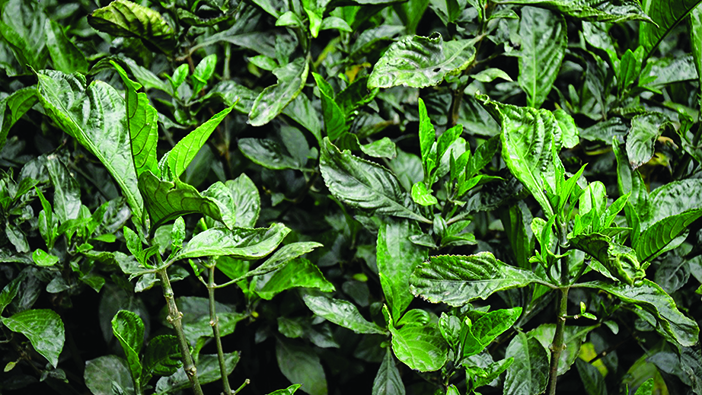Research on the derivative of indirubin could inform future research in humans.
A new study shows how a drug made from a natural compound used in traditional Chinese medicine works against malignant brain tumors in mice, creating a promising avenue of research for glioblastoma treatment.
In the study, published in Cell Reports Medicine, researchers showed how a formulation of the compound, called indirubin, improved the survival of mice with malignant brain tumors. They also tested a new formulation that was easier to administer, taking the potential pharmaceutical approach one step closer to clinical trials with human participants.
“The interesting thing about this drug is that it targets a number of important hallmarks of the disease,” says lead author Sean Lawler, PhD, associate professor of pathology and laboratory medicine and researcher at the Legorreta Cancer Center of Brown University. “That’s appealing because this type of cancer keeps finding ways around individual mechanisms of attack. So if we use multiple mechanisms of attack at once, perhaps that will be more successful.”
In addition to scientists from the cancer center and Brown’s School of Engineering, the team included researchers from the department of neurosurgery at Brigham and Women’s Hospital/Harvard Medical School and Phosphorex Inc./Cytodigm Inc.
Glioblastoma is the most common and aggressive type of brain cancer. The standard of care is chemotherapy, radiation, and surgery, which may improve symptoms but don’t cure or stop the cancer.
Indirubin is a natural product present in indigo plants and a constituent of the traditional Chinese medicine Dang Gui Long Hui Wan, which has been used in the treatment of chronic myelogenous leukemia, according to the researchers. Derivatives of the indirubin have shown potential for the treatment of cancer through a range of mechanisms.
Research published 10 years ago by Lawler and others showed that indirubin slowed the growth of glioblastoma tumors in mice. However, he says, the researchers weren’t able to explain why. What’s more, the modified drug wasn’t very easy to work with, making it challenging for scientists to test dosage levels or efficiently deliver it to the tumor.




